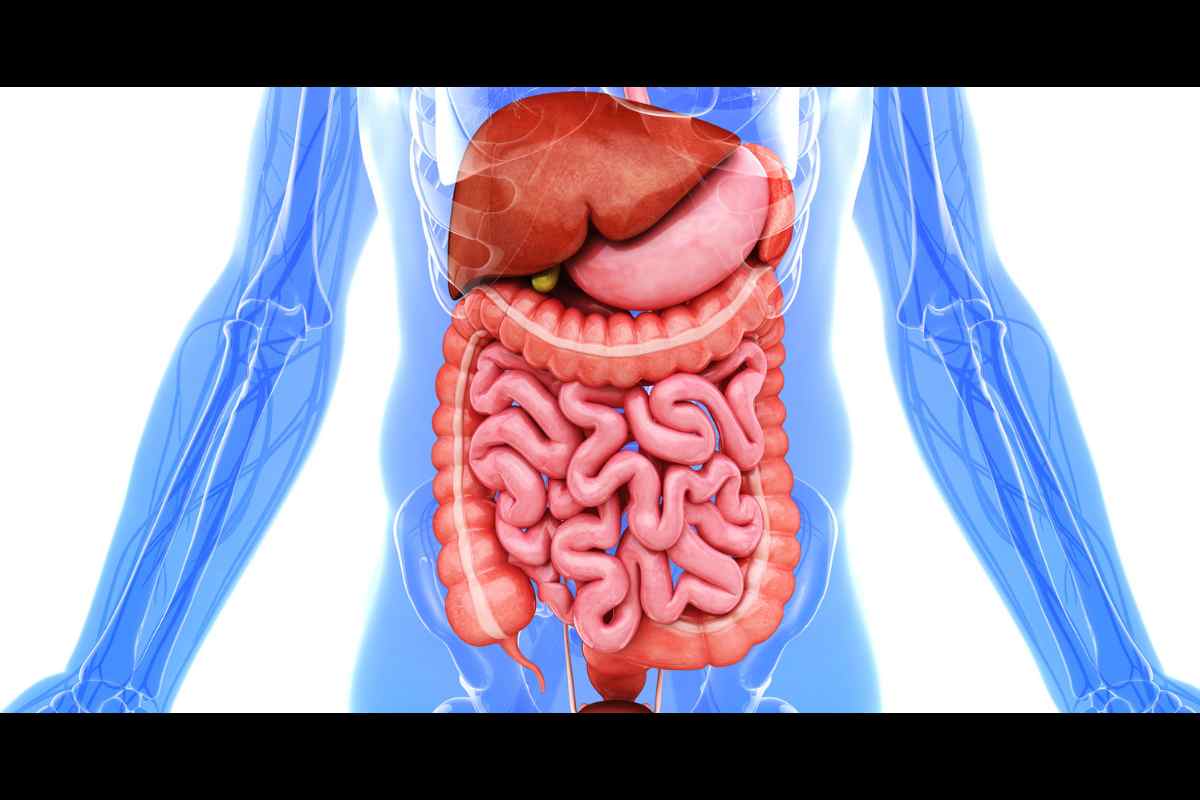Table of Contents
Tips Improving your Digestion
Tips Improving your Digestion: Poor digestion makes it difficult to absorb food and causes discomfort such as heartburn, inflammation, excessive belching and flatulence, regurgitation, nausea, and bad breath, among others.
How do you know if you are contributing to poor digestion?
You may be contributing to poor digestion without knowing it, so I invite you to observe if you are making some mistakes such as:
You are eating the wrong foods, such as instant soups, processed foods loaded with trans fats, high in sodium, or refined sugar.
- You are overeating without consciously measuring the quantities your body needs.
- I am eating food under the influence of stress.
- Abuse in the consumption of fats or fried foods.
- They were feeding in a noisy environment or in the wrong position.
Improve your digestion with these tips
If you already have digestive disorders or want to avoid them, start by putting these tips into practice that will help you improve your digestive process:
1. Include digestive foods in your diet
- You may not see it, but some foods will help you perform better digestion and help your organs. Among the best-known alternatives are the following:
- Acidifying foods help not only your digestion but also prevent constipation. Some are lemon, orange, apple, and prunes.
- Nuts are suitable for maximizing digestive health. I recommend the following: hazelnuts and almonds without skin. They are also satiating, perfect for providing fiber at breakfast or between meals.
- Cereals, I recommend that they be whole grains. These will help you have better intestinal transit. Among them, the most suitable are rice and oatmeal.
- Olive oil. It has one of the best fats that helps your digestion. Taking 1 to 2 tablespoons on an empty stomach will help because it will allow lubrication in the digestive tract.
2. Eliminate foods that cause stomach pain
Stomach pains are avoided by excluding foods from the diet, such as:
- Fatty foods, such as fried foods, stews, sauces, and stews.
- Drinks irritate stomach mucosae, such as sodas, energy drinks, beers, caffeine, and alcohol.
- It is also essential to eliminate the consumption of cigarettes since it irritates the stomach walls much more when you accompany it with coffee.
3. Eat properly
Practicing a few habits can help you eat properly:
- Eat only when hungry and in small amounts, allowing you to segregate adequate amounts of digestive juices, facilitating digestion.
- Avoid stress, you should know that your nervous system is linked to your digestive system, and that’s why many people manifest anxiety in digestive problems.
- Do not eat in a hurry. Chew well and calmly, so your food will be easier to digest in the digestion process.
- Avoid eating lying down or in a position that makes it difficult for food to pass through the digestive tract.
- Don’t eat while watching TV, that way you won’t enjoy the food or know how much you’ve eaten. Apart from that, some unpleasant news or images can disturb that moment, causing you anxiety.
- After eating, walk a little. It is a way to exercise and help the digestive process.
4. Avoid drinks with meals
- The consumption of beverages with meals slows down the digestive process, such as soft drinks, teas, or industrially produced juices. The best glass is water, but the amount should be moderate.
- He prefers natural juices and tries to drink them for 20 minutes after eating.
Also Read: The Health Benefits of Air Purifiers – Asthma Symptoms and More
